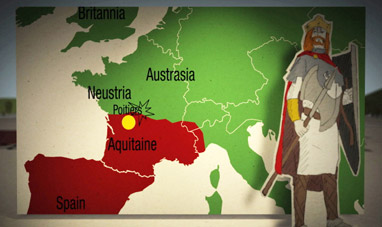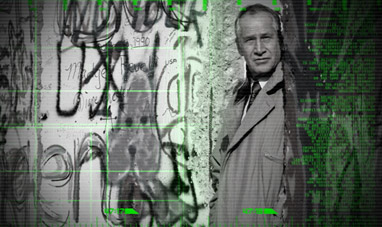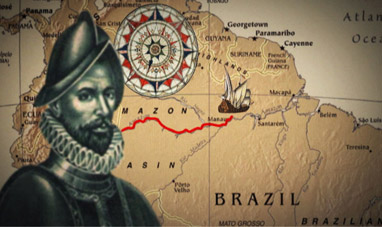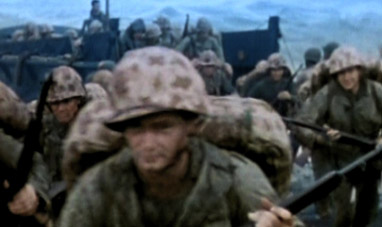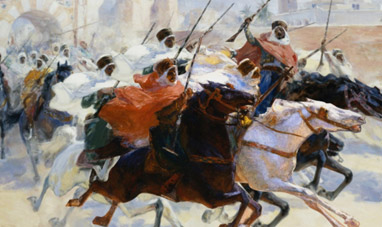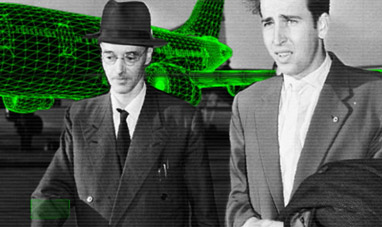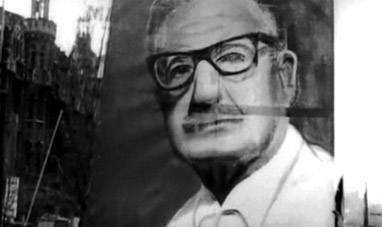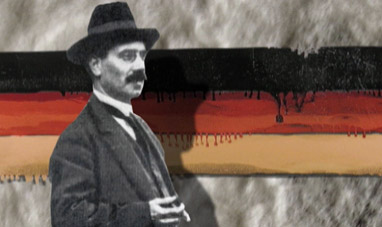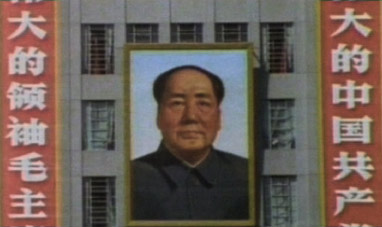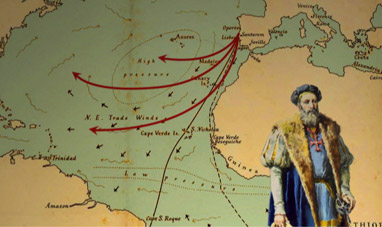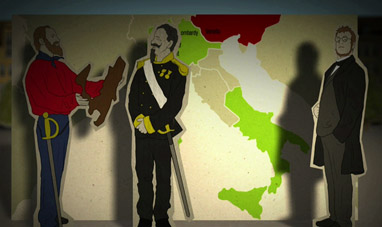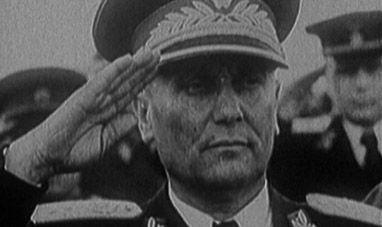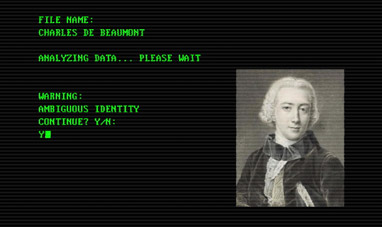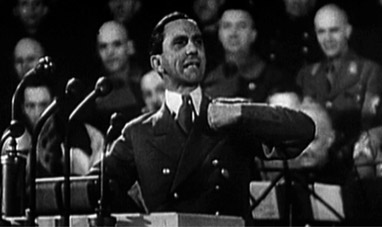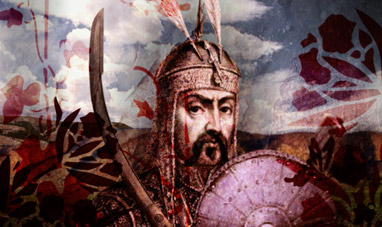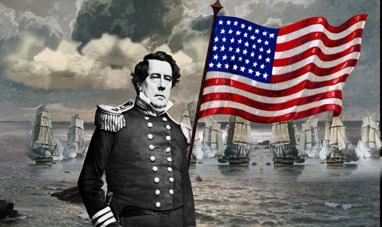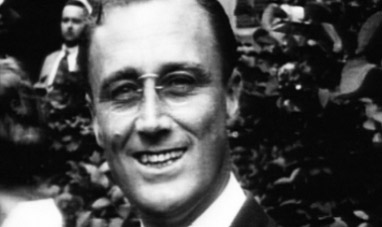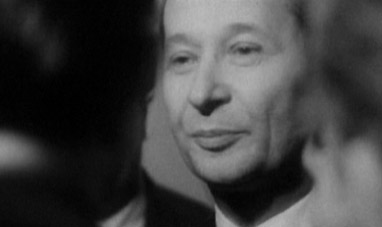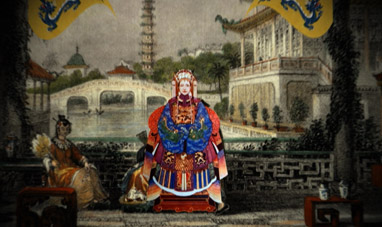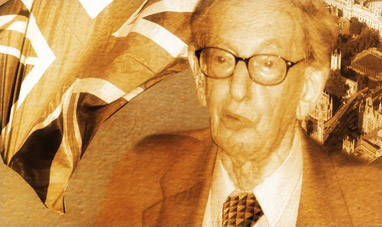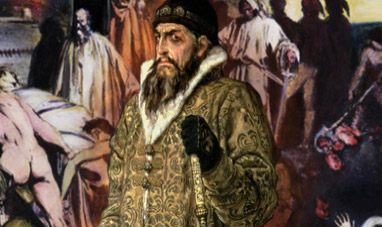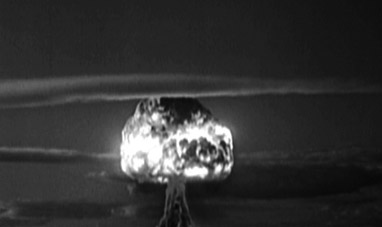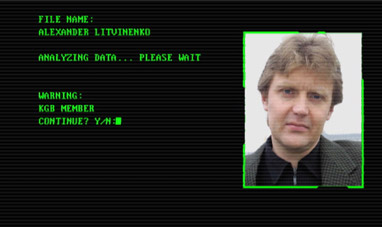Richard
Sorge,
code
name
Ramsay,
was
the
most
famous
Russian
spy
in
Japan
during
World
War
Two.
Sorge was born in Baku, Russia, today’s Azerbaijan, on October 4, 1895. His father was a German mining engineer, his mother was Russian. In 1898 the family moved to Berlin, Germany where Richard had a happy, comfortable childhood.
World War One broke out in October 1914. Sorge volunteered on the front. In March 1919, he was seriously wounded by a grenade. The injury caused him to walk with a limp for the rest of his life.
During his convalescence, he read Karl Marx, the father of scientific socialism. Sorge took to the revolutionary spirit with passion. He signed up for the German Communist Party and joined “Apparatus M,” a covert group that aimed to organize a revolution in Germany similar to the Bolshevik Revolution in Russia.
In 1920, Sorge earned a degree in political science and began teaching. However, he was soon fired for his radical ideas.
Sorge decided to leave for Moscow, where he became a secret agent for Comintern, an organization that united communist parties from around the globe.
In 1929 he was transferred to “Fourth Bureau,” a Russian military espionage department. After some brief assignments in Europe, Sorge was sent to Shanghai, China for three years, where he was responsible for all espionage activity.
During his stay in China, Sorge developed a cover as a correspondent for the daily newspaper, Frankfurter Zeitung, that he would use from then on.
Hitler rose to power in 1933. Sorge received orders to gather information on Nazi Germany’s foreign policies and organize a spy ring in Japan, Germany’s main ally in World War Two.
On September 8, he arrived in Yokohama. Sorge was extraordinarily cultured and refined. His personal library numbered over a thousand books on the Orient. He was gifted with great intelligence, charm and was a gifted communicator, all of which led to him becoming a protagonist of fashionable society in Tokyo.
There were only five people in his spy ring, and they worked on a shoestring budget. Sorge had only one transmitter and was allotted just a thousand dollars per month. Despite these handicaps, he managed to obtain extraordinary results.
On May 15, 1941, more than a month in advance, he transmitted the exact date of Operation Barbarossa, the Nazi’s plan to invade the Soviet Union.
Stalin doubted the information and did not take provisions. As a result, Russian soldiers were initially overwhelmed.
Sorge was disillusioned that Stalin did not believe his information. He started drinking heavily and took fewer precautions. As a result, he was discovered by the Japanese a few months later in October 1941.
At his hearing, Sorge confessed everything, saying: “If I had worked for the Allies instead of Russia, history would crown my name with the same halo it used to crown the names of Winston Churchill and Franklin Roosevelt”.
Richard Sorge was executed on November 7, 1944 at ten o’clock in the morning. He was 49.
Sorge was born in Baku, Russia, today’s Azerbaijan, on October 4, 1895. His father was a German mining engineer, his mother was Russian. In 1898 the family moved to Berlin, Germany where Richard had a happy, comfortable childhood.
World War One broke out in October 1914. Sorge volunteered on the front. In March 1919, he was seriously wounded by a grenade. The injury caused him to walk with a limp for the rest of his life.
During his convalescence, he read Karl Marx, the father of scientific socialism. Sorge took to the revolutionary spirit with passion. He signed up for the German Communist Party and joined “Apparatus M,” a covert group that aimed to organize a revolution in Germany similar to the Bolshevik Revolution in Russia.
In 1920, Sorge earned a degree in political science and began teaching. However, he was soon fired for his radical ideas.
Sorge decided to leave for Moscow, where he became a secret agent for Comintern, an organization that united communist parties from around the globe.
In 1929 he was transferred to “Fourth Bureau,” a Russian military espionage department. After some brief assignments in Europe, Sorge was sent to Shanghai, China for three years, where he was responsible for all espionage activity.
During his stay in China, Sorge developed a cover as a correspondent for the daily newspaper, Frankfurter Zeitung, that he would use from then on.
Hitler rose to power in 1933. Sorge received orders to gather information on Nazi Germany’s foreign policies and organize a spy ring in Japan, Germany’s main ally in World War Two.
On September 8, he arrived in Yokohama. Sorge was extraordinarily cultured and refined. His personal library numbered over a thousand books on the Orient. He was gifted with great intelligence, charm and was a gifted communicator, all of which led to him becoming a protagonist of fashionable society in Tokyo.
There were only five people in his spy ring, and they worked on a shoestring budget. Sorge had only one transmitter and was allotted just a thousand dollars per month. Despite these handicaps, he managed to obtain extraordinary results.
On May 15, 1941, more than a month in advance, he transmitted the exact date of Operation Barbarossa, the Nazi’s plan to invade the Soviet Union.
Stalin doubted the information and did not take provisions. As a result, Russian soldiers were initially overwhelmed.
Sorge was disillusioned that Stalin did not believe his information. He started drinking heavily and took fewer precautions. As a result, he was discovered by the Japanese a few months later in October 1941.
At his hearing, Sorge confessed everything, saying: “If I had worked for the Allies instead of Russia, history would crown my name with the same halo it used to crown the names of Winston Churchill and Franklin Roosevelt”.
Richard Sorge was executed on November 7, 1944 at ten o’clock in the morning. He was 49.

